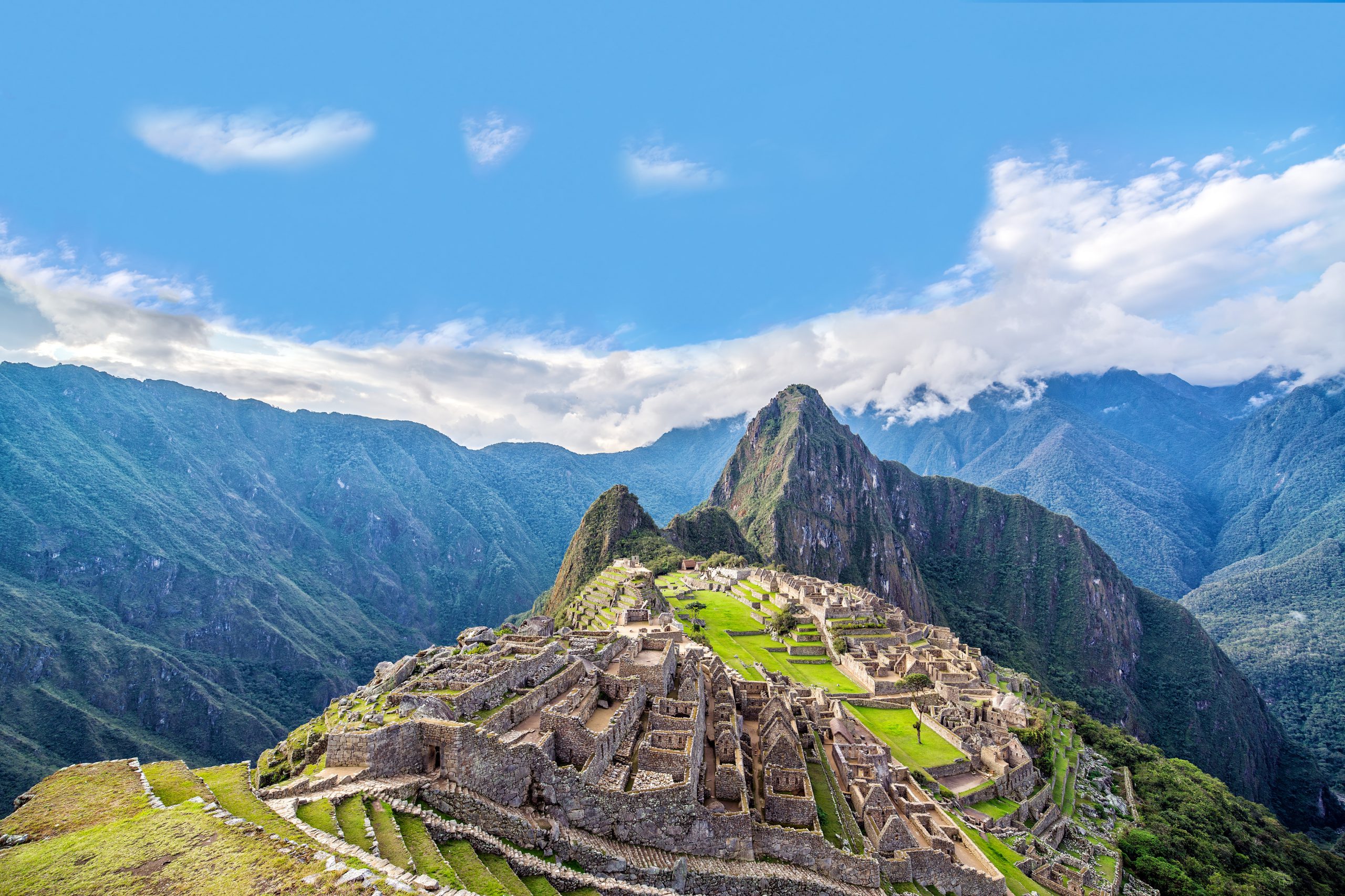Storytelling is as old as humanity itself. From ancient cave drawings to modern novels, the way we tell stories has evolved, shaping not just our individual identities but also our collective worldviews. Literature, in particular, plays a crucial role in this evolution. It’s fascinating to think about how a book can influence the way we see the world, often in ways we don’t even realize.
Growing up, I was the kind of kid who preferred to live in books rather than the real world. I remember reading “To Kill a Mockingbird” in high school and feeling my perspective shift. I had grown up in a small town where everyone seemed to think and act the same way, and Harper Lee’s story exposed me to ideas about justice and empathy that were new to me. It was like a window opening, allowing fresh air into a room that had been stifling and closed off. That’s the power of literature—it can open our eyes to experiences and viewpoints beyond our own.
Think about the stories that have had a lasting impact on you. Maybe it was a novel that transported you to a different time and place, or a memoir that revealed the raw, unfiltered truth of human experience. Each book you read adds layers to your understanding of the world, challenging preconceptions and prompting you to ask questions.
Literature’s influence isn’t confined to personal growth; it’s deeply embedded in social and cultural dynamics as well. Consider the way books have shaped movements and sparked change. “Uncle Tom’s Cabin” by Harriet Beecher Stowe played a significant role in altering public opinion about slavery in the United States. More recently, novels like “The Handmaid’s Tale” by Margaret Atwood have fueled discussions about gender and power, resonating with contemporary issues and inspiring activism.
What’s interesting is how literature not only reflects society but also predicts it. George Orwell’s “1984” is a prime example of a dystopian narrative that eerily echoes current concerns about surveillance and privacy. These stories serve as cautionary tales, prompting readers to reflect on the direction in which society is heading and consider their role within it.
The evolution of storytelling in literature also mirrors technological advancements. With the rise of digital media, stories are more accessible than ever. E-books and audiobooks allow us to consume literature on the go, while social media platforms have become spaces for sharing and discussing literary ideas. This democratization of literature enables a wider range of voices to be heard, enriching our worldviews with diverse perspectives.
But the essence of storytelling remains unchanged. Whether it’s through a paperback novel or a digital platform, the core of literature is its ability to connect us—to our own emotions, to each other, and to the broader human experience. It’s a reminder that despite our differences, there are shared narratives that bind us together.
As I reflect on this, I’m struck by how each story, whether it’s a timeless classic or a contemporary bestseller, is a thread in the intricate tapestry of human understanding. In a world that often feels fragmented, literature offers a sense of continuity and connection. It encourages us to keep exploring, questioning, and expanding our worldviews, one story at a time.




